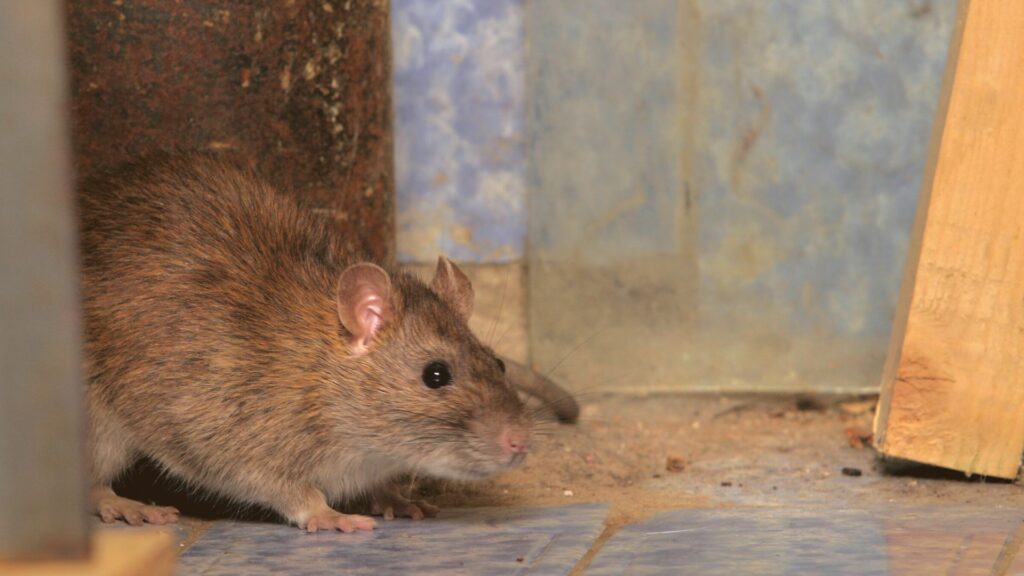Pest control services across Belgium are receiving a record number of requests to eliminate rat infestations in people's homes.
"In ten years, calls have easily multiplied by five or six," Emmanuel Lecocq of Eradic pest control services told Sud Info. "I work almost every day. Before, it was once or twice a week."
While Belgium's brown rat population is estimated to have doubled in the last ten years, the reason behind an increased demand for pest control is more nuanced than a demographic explosion alone. The rise instead points to new patterns in attempting to deal with rat infestations.
The EU currently only allows for the sale of half-strength doses of rat poison to those without a pest control certification. Individuals attempting to deal with rats in their homes therefore try and fail to eradicate the problem alone before calling in a professional. By that time, the number of rats has already proliferated in most cases.
Contributing factors
For a decade, Belgium's rat population has enjoyed a strong fertility rate, partly thanks to milder winters which make for ideal mating conditions. The same phenomenon has triggered a multiplication in the number of pigeons in Brussels, and the Brussels-Capital Region has taken innovative measures such as feeding pigeons contraceptive pills in order to curb exponential growth.
The growing popularity of compost bins has aided rat population expansion considerably too. Compost, along with uneaten birdfeed, constitute excellent food sources for rodents. Experts underline the difficulty in adequately protecting bins from hungry creatures.
In addition, the floods in 2021 pushed a large portion of Belgium's rat population out of sewers and into the open air. Their presence has become more visible as a result, and makes any population increase seem more severe than it is. It remains to be seen whether current flooding across Belgium will produce a similar effect.

